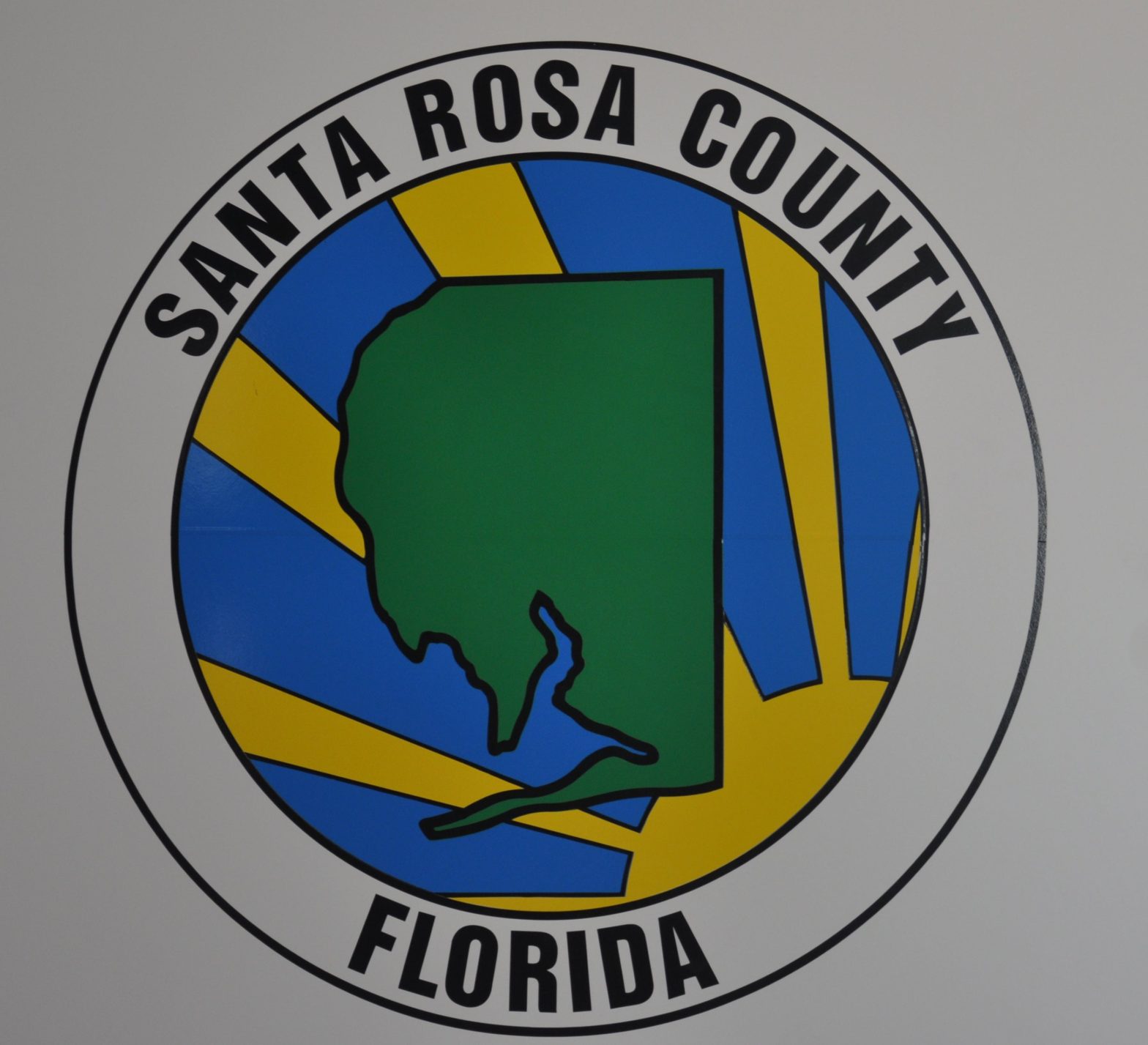
The beginning of the new year saw not only a change to waste collection in Santa Rosa County, but also to the Transportation Disadvantaged Coordinator. The statewide program, according to Santa Rosa County Administrator Hunter Walker provides transportation to at-risk people who have no means of travel.
“It includes a number of folks anywhere from the developmentally disadvantaged to get them to their employment as well as even dialysis and high risk medical patients,” he said.
Originally, Pensacola Bay Transit, a for-profit company, provided the service in the county but November 26 last year, they announced they would cease doing so.
Walker said, “The West Florida Regional Planning Council went through the process on an emergency basis of soliciting proposals on that service. I believe that finally the State of Florida prevailed on Joe Paul on the Tri County Community Council, who also serves as the SRC Community services block grant administrator, and has done a good job in SRC for over ten years.”
According to Florida Statutes, Transportation Disadvantaged (TD) persons are defined as “those persons who because of physical or mental disability, income status, or age are unable to transport themselves or to purchase transportation and are, therefore, dependent upon others to obtain access to healthcare, employment, shopping, social activities, or children who are handicapped or high-risk or at risk.”
Paul said, “We did start routes Friday, which was January 2 for the most, I hate to say, ‘important’ but they were the life sustaining routes of dialysis.”
The switch also means services operating out of Santa Rosa County now where Tri County is setting up an office whereas Pensacola Bay Transit operated out of Escambia County. This may mean a longer commute for Pensacola employees, but Shawn Ward, the county transportation planner, said, “When Tri County came over, the first thing they did was try to retain drivers and administration staff. In June, Pensacola Bay had a terminal here but had to close it off of State Road 87.” He said PBT’s operations all moved to Pensacola at the time forcing employees to commute there. But now, he said, many are working near home again. Ward said, “They were all given pink slips the Friday after Thanksgiving.” He said the first thing Tri County did was to offer those employees to continue on with them.
Tri County’s new office is in the Eastgate Plaza in East Milton. Paul said, “We have until the end of the week to get in it. It's going to be a very difficult task, but if I have to paint at night we are going to be in there trying to get that ready. We have to get our phone service, internet, office furniture, get the vehicles moved and hopefully by the first of next week we will have that office up and going; taking phone calls there instead of Pensacola where it is now. As commissioners, I respect your positions and the hard job you have, but when you also look at employment, we're getting these people home. You're getting your jobs back over here. You're going to get those seven vehicles back over here. You're going to start seeing a presence on Highway 90 and on 98 and 89 and 87 and these highways coming to and fro, not to just medical appointments, but we want to expand and spend the grants for job searches and employment and some other activities that probably you had not had the opportunity to do before.”
While Paul said Tri County is looking to cover employment and job search needs, Ward said right now the service doesn’t put a significant dent in the county’s transportation deficit, the top reported problem in the county for people seeking employment and education opportunities. However, Ward did say this summer the county would be receiving eight new vehicles. He said, “that's our contribution, providing the vehicles.”
Through state statutes, riders without Medicaid are funded by the state. Ward said, “[Funding] comes from the Florida Commission for the Transportation Disadvantaged.” According to Ward, the state allocates only so much money a year for those riders, so Tri County has to break up those dollars over an estimated number of trips per month meaning first come, first served.
However, Ward said, “Because Tri County is a nonprofit organization, they will have the opportunity to apply for other grants and other opportunities to maybe broaden that transportation realm.”
Note Tri County is providing the service under an emergency request for proposal. Ward said, “This is an emergency basis for six months so then in six months we will do a full blown RFP and at that point Tri County can continue to do so or some of your other transportation systems may want to offer [service] as well.”
The phone numbers to reach Tri County for transportation are 476-8130, the main line for the county, and the backup number, (866) 626-1053.
This article originally appeared on Santa Rosa Press Gazette: Nonprofit to service Transportation Disadvantaged riders
